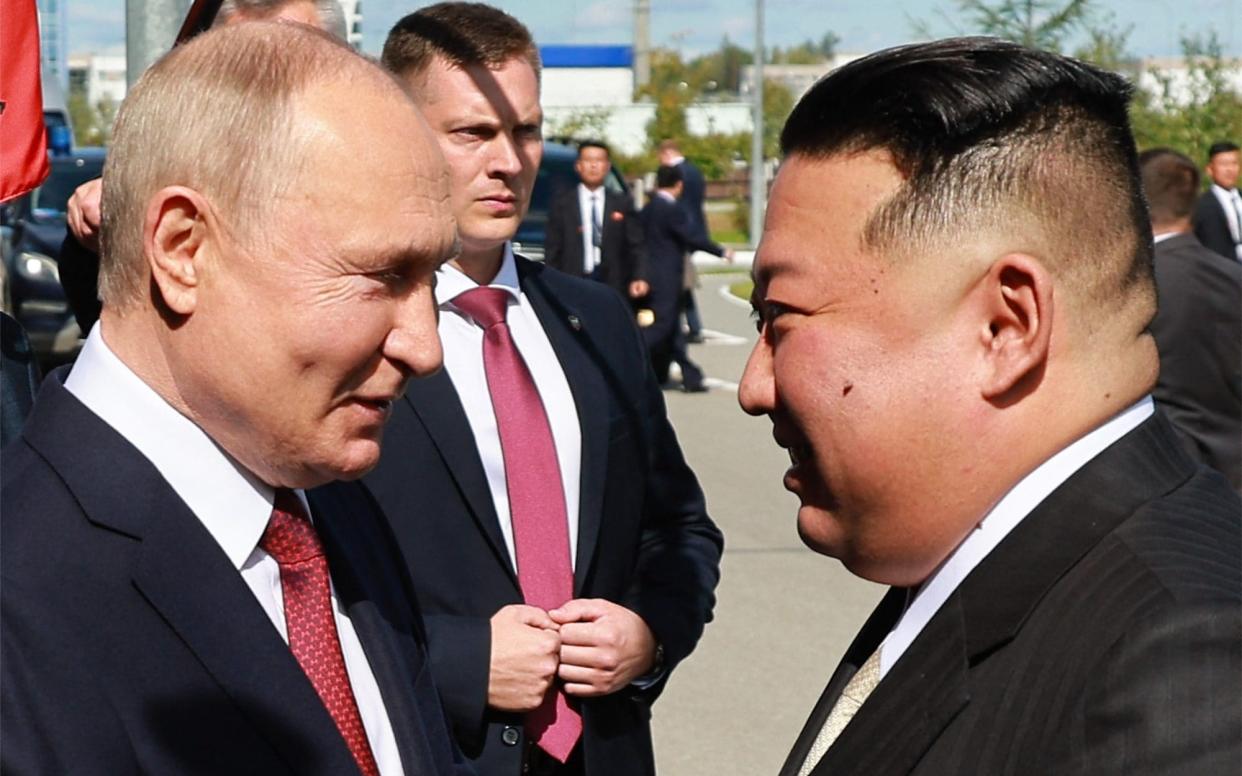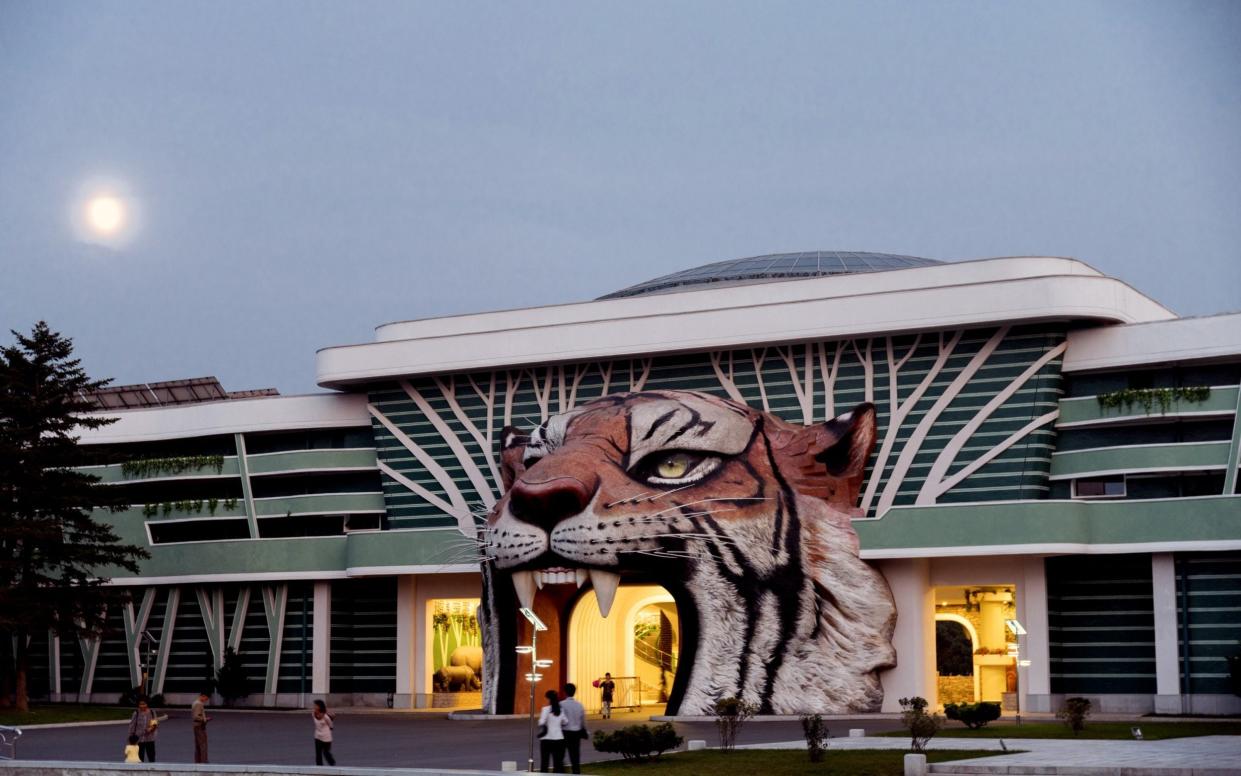Putin sends snakes and eagles to North Korea in ‘zoo diplomacy’ move

Russia has pledged to send North Korea eagles, pythons, parrots and fruit bats in a potential form of “zoo diplomacy”.
The promised donation of more than 40 animals to Pyongyang’s Central Zoo comes as the two countries deepen their political and military ties, with North Korea suspected of funnelling weapons to Moscow.
The United States and South Korea say Pyongyang has been providing millions of artillery shells and dozens of short-range ballistic missiles and launchers to support Vladimir Putin’s war in Ukraine. However, the quality of the power has been questioned.
While the supply of weapons is thought to be part of a deal in return for food and Russian expertise, the donation of animals is being interpreted as a diplomatic gesture.
The two countries appear to want to use their strengthening alliance to upset US policies in Ukraine and the Indo-Pacific.

Anthony Rinna, an expert on North Korea-Russia relations, told NK News Moscow the donation may be their way of “trying to mirror China’s zoo diplomacy”, where Beijing loans out its famous pandas to strengthen bilateral diplomatic ties as part of its global soft power strategy.
He said Russia may not have donated larger animals due to welfare concerns about poor conditions at the zoo. When the enclosure opened in 2016, one of its main attractions was Azalea, a 19-year-old chimpanzee who had been taught how to chain smoke a pack a day.
In recent months, the US has accused Russia of using ballistic missiles and launchers supplied by North Korea.
According to the most recent data from Ukraine’s Prosecutor General’s Office, obtained by Reuters, around half of the North Korean missiles fired at Ukraine by Russia have malfunctioned and exploded in mid-air.
In March 2024, Ukrainian prosecutors reported that Russia had fired around 50 of the rockets since the beginning of the conflict, but examination of debris had provided stark information on their reliability.
Andrii Kostin, Ukraine’s top prosecutor, said: “About half of the North Korean missiles lost their programmed trajectories and exploded in the air. In such cases, the debris was not recovered.”


